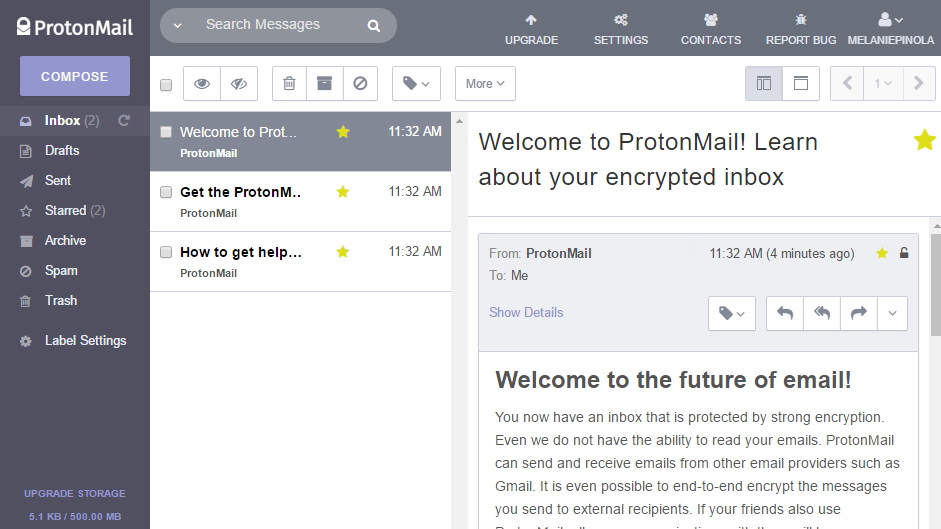

Migadu is minimalistic, efficient and seems to care about privacy, but they insert “ Sent by Migadu“ at the end of each message and are quite limited. Yandex is what you’d expect from a huge Russian company, heavier, and you’ll probably expect to leave all expectation of privacy at the door. The remaining options are Migadu and Yandex. Unfortunately they have started paywalling the forwarding, POP and IMAP features, forcing users to use their webmail or mobile apps, making the platform useless to most. 1and1 is the cheapest at $1/month, Protonmail claims to be the most secure,and G Suite and Office throw in an online productivity suite.įree (Yandex, Migadu): I would have once included Zoho here. Paid (Google’s G Suite, Office 365 Business Email, Outlook Premium, Protonmail, Rackspace, 1and1 and thousands of others): Here you start to have various degrees of service, with storage, features and privacy options being the most significant.


See more info here.ĭedicated or VPS: You keep the control of your own server for a fraction of the time and cost investment, but lose most of the privacy advantage. Unless you deal with sensitive information, but not ones that justify using end-to-end encryption such as PGP. So you’ll probably want to look elsewhere. And these parts interconnect heavily, may go down, etc. You would likely need to setup several daemons (SMTP, IMAP/POP, DKIM) as well as SPF rules and a spam filter. The sad truth is that it is too difficult these days to setup email for most. Home setup: This is clearly the best solution for control and privacy. Self-hosted (usually Postfix and Dovecot): There are many services for setting up email these days: Being notified in a mail client / app, or forwarding to my Gmail.On the various ways of implementing email for a personal website. Much of the info on the Internet about setting up an email with aĬustom domain is outdated.


 0 kommentar(er)
0 kommentar(er)
